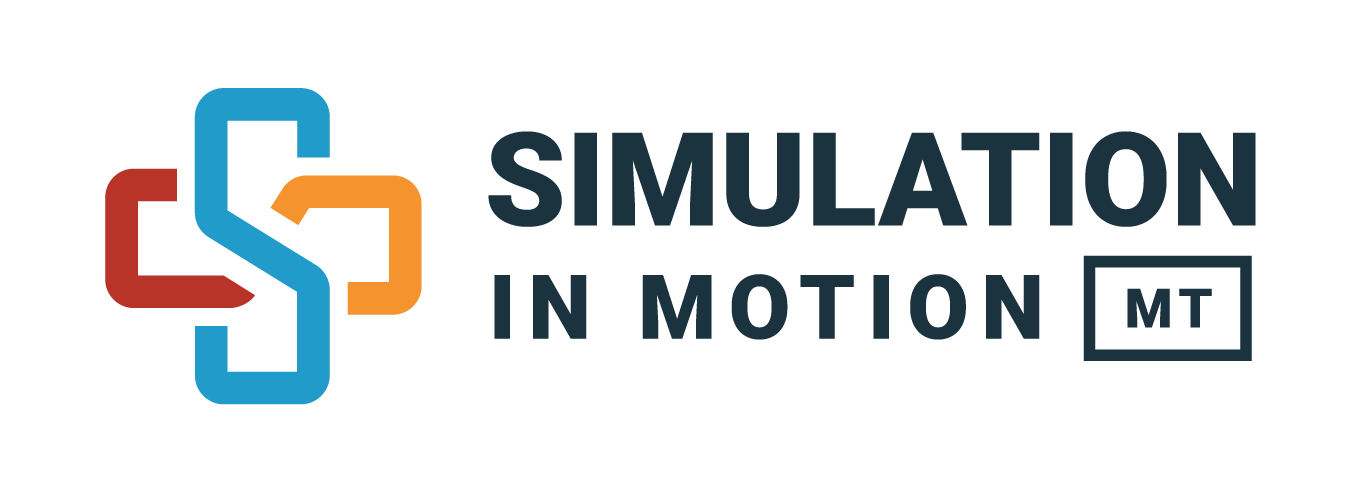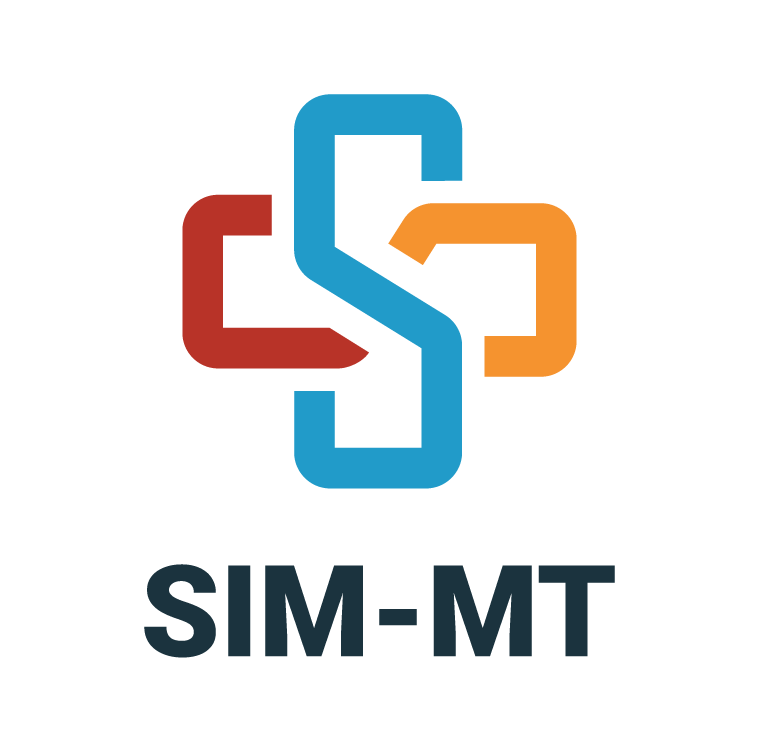Healthcare simulation has been around for a while now, with SIM-MT providing training in the state for the better part of a decade.
The glory days of practicing with a half a torso on the floor yelling “What’s her pulse?” or sticking an IV in a fake plastic arm with no blood return are finally (and gratefully) over.
High-fidelity simulation provides realism in patient care that historically other training opportunities couldn’t match. The robotics of having the simulator be able to breathe, have a pulse, possess an anatomically correct airway, and give birth to babies brings “life” to a training experience and allows practitioners to deeply immerse themselves in a real life scenario.
But we believe simulation does far more than that.
Here are our top 10 reasons why we believe simulation is changing the face of healthcare for the better.
#1- Interdisciplinary Team Training
Recreating a clinical case that can run from start to finish allows all providers to participate, find their role in the case, and debrief as a team to determine clinical gaps in knowledge and communication skills. Which in turn, betters patient outcomes.
#2- Improved Decision Making Skills
A simulation case can be repetitively practiced over and over again. Over time, this creates muscle memory and decreases the time it takes providers to make a decision when time is of the essence.
#3- Customizable Learning Scenarios
Have a unique case in your community you want your team to practice? High-fidelity simulations can be completely customized to fit your objectives, your patients, your community, and your gaps in medical care.
#4- Risk-Free Environment to Make Mistakes
Mistakes happen. And when they do, acknowledging them as a team determines future improvement. Debrief time after a training experience allows for this growth. And SIM-MT’s training scenarios always include a chance to practice again so participants leave feeling empowered and successful.
#5- Standardized Training
Simulation training events can be standardized for testing environments or clinical research and studies, making them valuable data collection and analytical tools to move the needle forward for best practices in healthcare.
#6- Repetitive Practice of Rare Conditions
Instead of waiting to encounter a patient with a rare condition to come along to provide a chance to practice skills, simulation can recreate the scenario and allow learning to be done beforehand which improves treatment measures and patient outcomes.
#7- Evaluation & Assessment Tool
SIM-MT starts each training with a pre-brief in the sim lab stating we are NOT grading or testing you.
And we mean that.
However, under certain circumstances if an agency or facility requests it, we can provide simulation as a means of standardized assessment.
#8- Immediate Feedback & Debriefing
This may be our favorite part of simulation.
While the training itself provides loads of incredible benefits to teams, the debrief is the most powerful aspect.
Allowing the team that trained together time to sit and discuss what went well, what could have gone different, or to sort through protocol confusion and mistakes can be the difference between life or death for future patients they treat.
#9- Training in Non-Technical Skills
Not all medical skills are task oriented. Simulation training allows teams and individuals to brush up on skills such as leadership, management, team communication, and situational awareness.
#10- Improves Time Management Skills
With repetitive practice comes mastery, and in that mastery comes increased treatment efficiency as proficiency and confidence in rendered care builds.
Conclusion:
We believe that skills-oriented training such as starting IV’s, BVM ventilations, and surgical cricothyrotomies can be accomplished by using simple task trainers to hone in the finer points of a skill.
But when it comes to getting a big picture account of how your team is performing and working through an entire clinical case from first patient encounter to discharge, high-fidelity simulation training is unmatched in the benefits it can provide.

